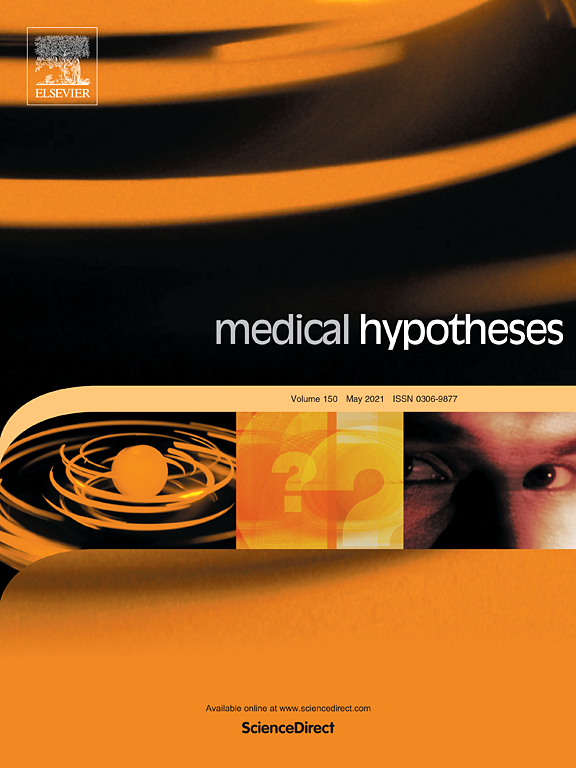
A group of authors has lost a pair of papers in a computing journal for monkeying with the peer review process.
The first author on both articles was Mohamed Abdel-Basset of the Department of Operations Research in the Faculty of Computers and Informatics at Zagazig University, in Sharqiya. Mai Mohamad, also of Zagazig, is the only co-author to appear on both papers, which were published in Future Generation Computer Systems, an Elsevier journal.
As we reported previously, the journal has some experience with publishing highjinx.
The latest cases involve the 2019 article titled “A novel and powerful framework based on neutrosophic sets to aid patients with cancer.” According to the retraction notice:
Continue reading Years after faked peer review concerns surfaced, journals are still falling for it







